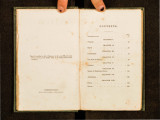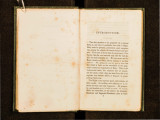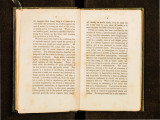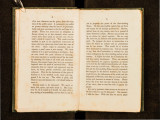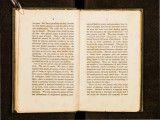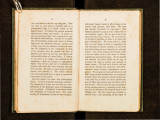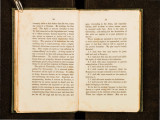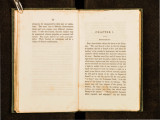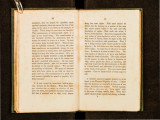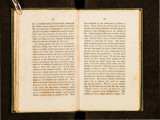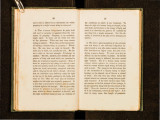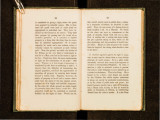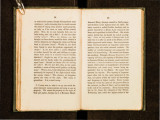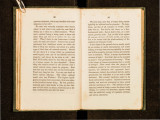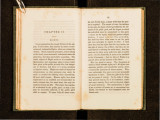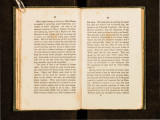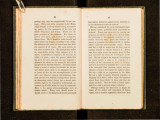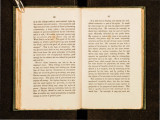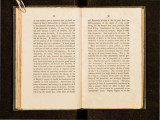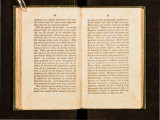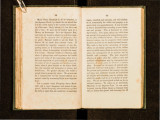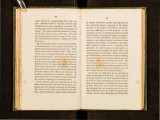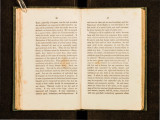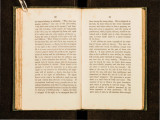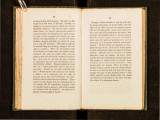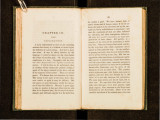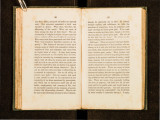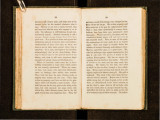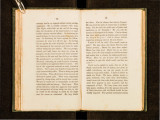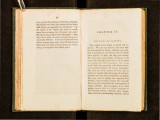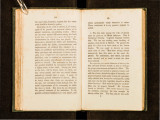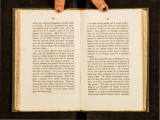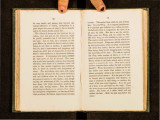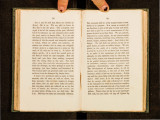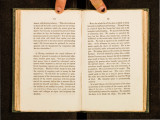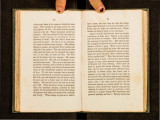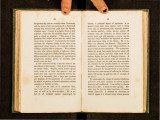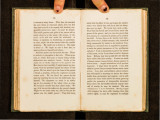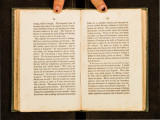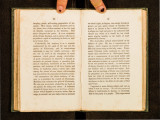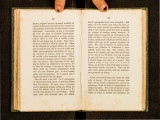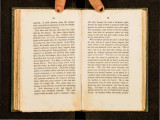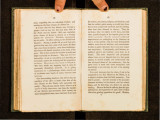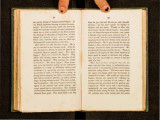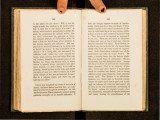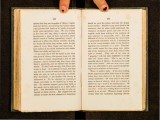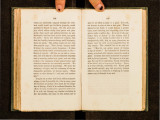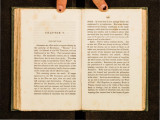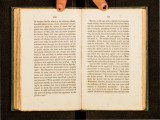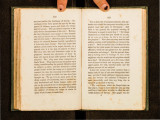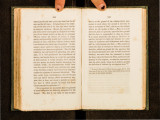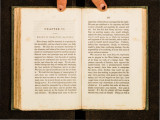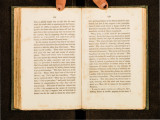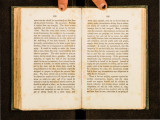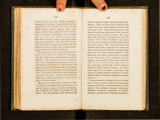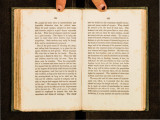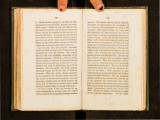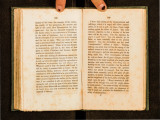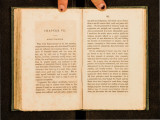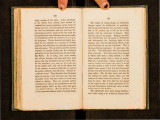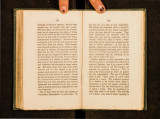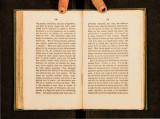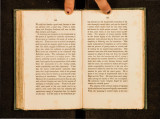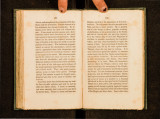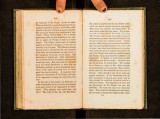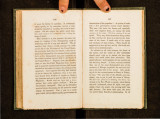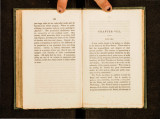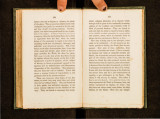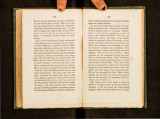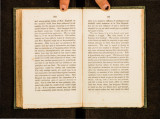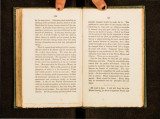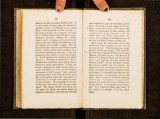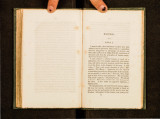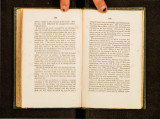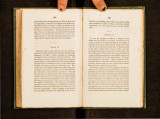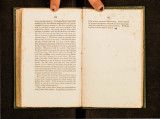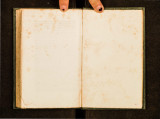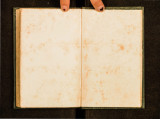| OCR Text |
Show 14 --- '"t1' -lor!'~·"( Carolina laws, " to be chattels personal in the hands of their masters, and possessions to all intents and purposes whatsoever." Such is slavery, a claim to man as property. Now this claim of property in a human being is altogether false, groundless. No such right of man in man can exist. A human being cannot be justly owned. To hold and treat him as property is to inflict a great wrong, to incur the guilt of oppression. This position there is a difficulty in maintaining on account of its exceeding obviousness. It is too plain for proof. To defend it is like trying to confirm a self-evident truth. To find arguments is not easy, because an argument is something clearer than the proposition to be sustained. The man, who, on hearing the claim to property in man, does not see and feel distinctly that it is a cruel usurpation, is hardly to be reached by reasoning, for it is hard to find any plainer principles than what he begins with denying. I will endeavour, however, to illustrate the truth which I have stated. 1. It is plain, that, if one man may be held as property, then every other man may be so held. If there be nothing in human nature, in our common nature, which excludes and forbids the conversion of him who possesses it into an article 15 of property; if the right of the free to liberty is founded, not on their essential attributes as rational and moral beings, but on certain adventitious, accidental circumstances, into which they have been thrown; then every human being, by a change of circumstances, may justly be held and treated by another as property. If one man may be rightfully reduced to slavery, then there is not a human being on whom the same chain may not be imposed. Now let every reader ask himself this plain question: Could I, can I, be rightfully seized, and made an article of property; be made a passive instrument of another's will and pleasure; be subjected to another's irresponsible power; be subjected· to stripes at another's will ; be denied the control and use of my own limbs and faculties for my own good? Does any man, so questioned, doubt, waver, look about him for an answer? Is not the reply given immediately, intuitively, by his whole inward being ? Does not an unhesitating, unerring conviction spring up in my breast, that no other man can acquire such a right in myself? Do we not repel indignantly and with horror the thought of being reduced to the condition of tools and chattels to a fellow-creature? Is there any moral truth more deeply rooted in us, than that such a degradation would be an infinite wrong? And if this impression be a delusion, on what single moral conviction can we rely? This deep |






